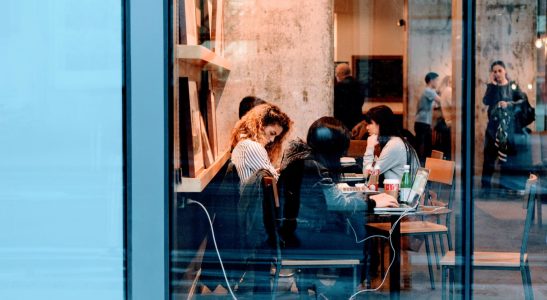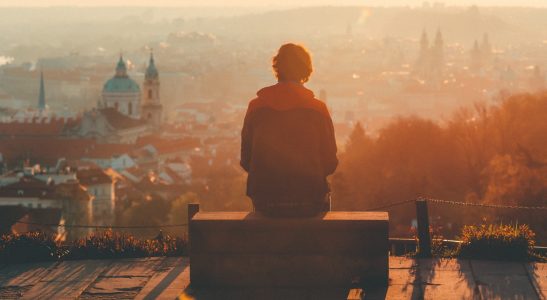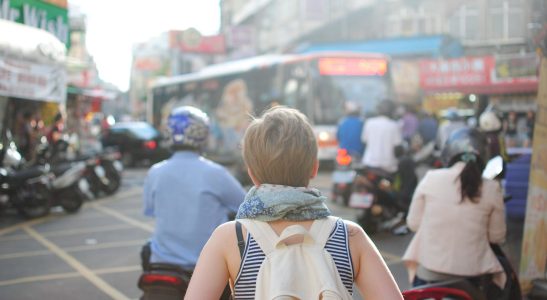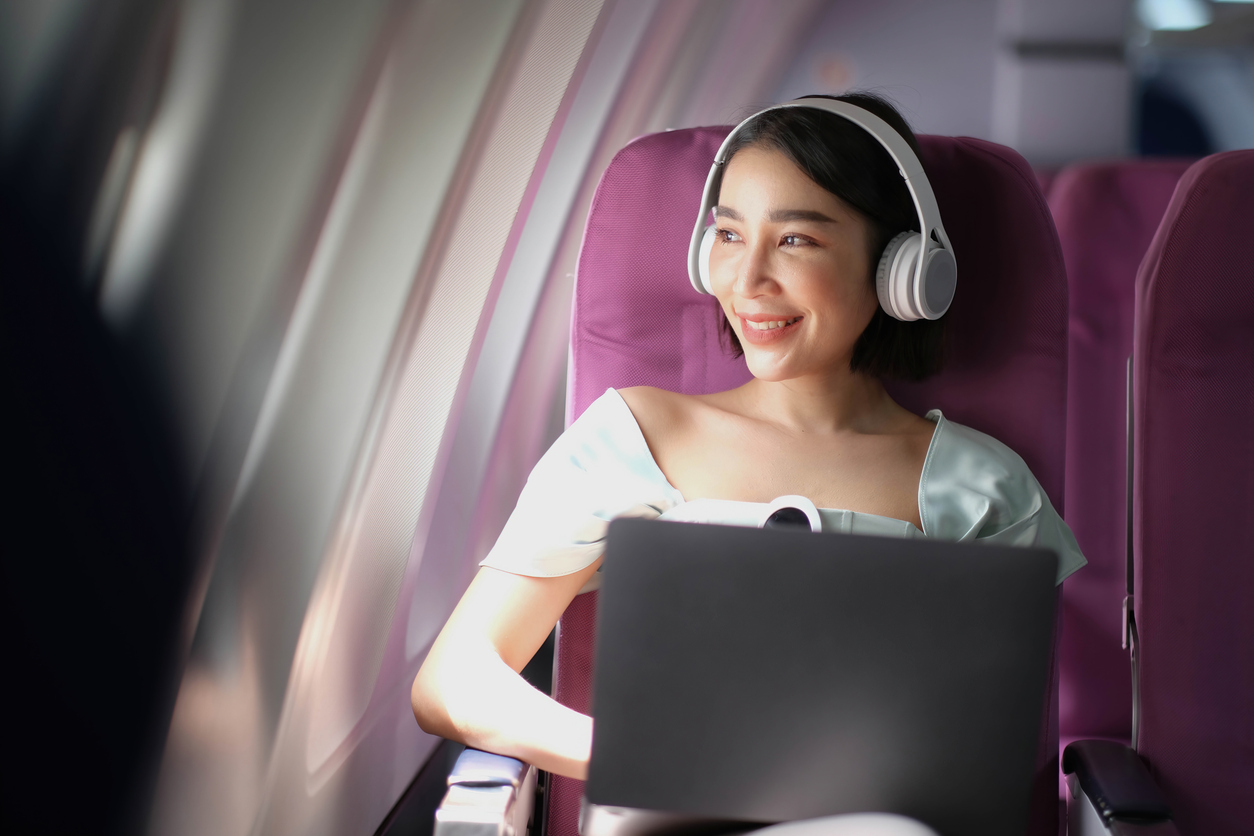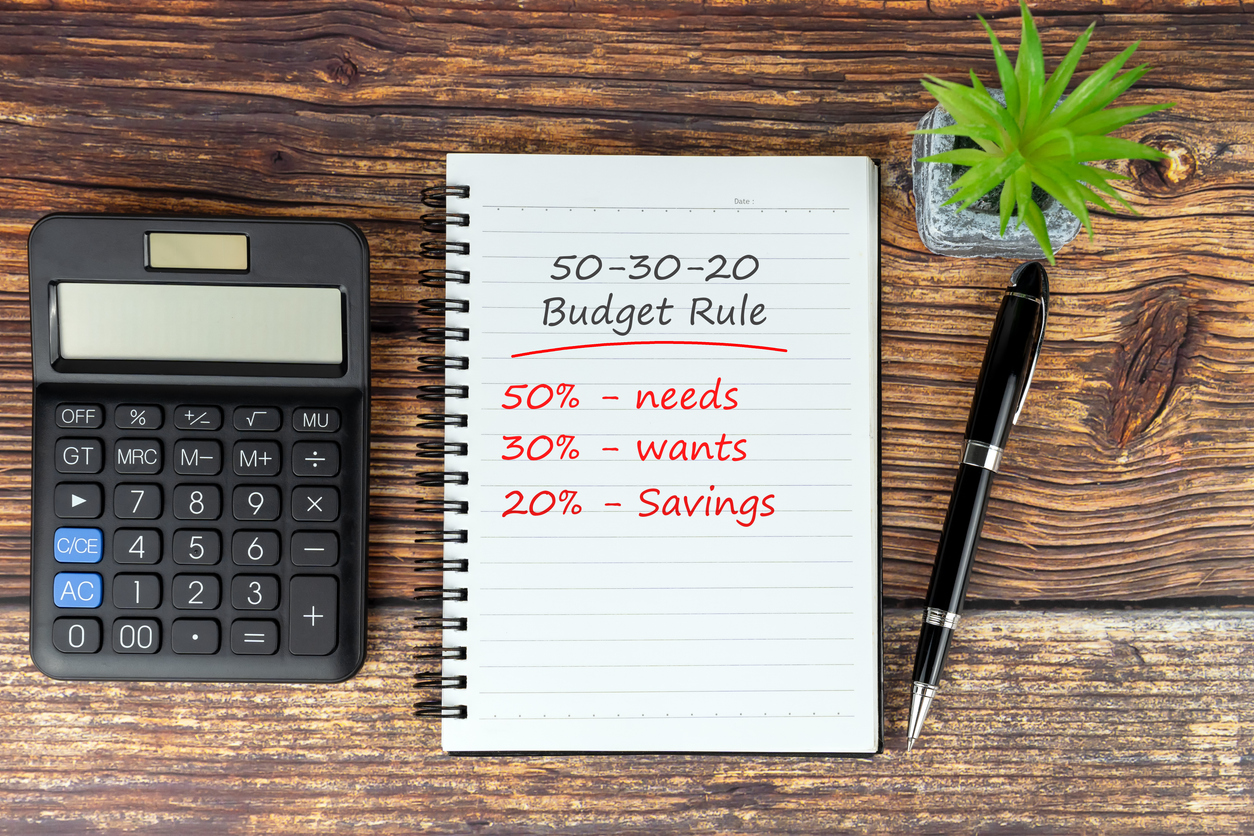Discovering The Benefits of Solitude During The Pandemic
Living Alone | 18th February 2023 by Bella DePaulo
Bella DePaulo shares some of the benefits of solitude discovered during the early months of the pandemic and how older adults experienced the most rewards.
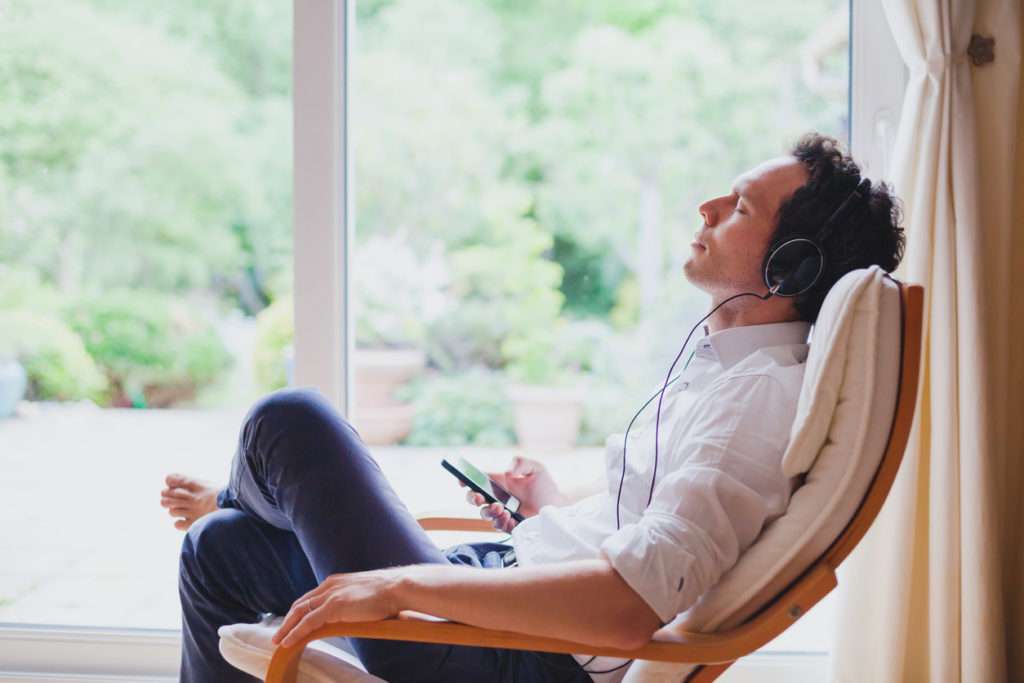
How do people really feel when they are alone? The assumption that people who are alone will feel isolated and lonely is so strong that scholars and other observers have had to remind us, again and again, that alone is not the same as lonely.
But what about during the early months of the COVID-19 outbreak, when much of the alone time was imposed rather than chosen? And did the oldest adults have the most negative experiences?
UK social scientists Netta Weinstein, Thuy-vy Nguyen, and Heather Hansen wanted to find out. When the pandemic had only been ongoing for months rather than years, they asked more than 2,000 people to describe their recent experiences of the time they had spent alone.
The participants included adolescents (13-16 years old), middle-aged adults (35-55), and older adults (65 and older). The findings were published in “What time alone offers: Narratives of solitude from adolescence to older adulthood” in Frontiers in Psychology in November 2021.
The researchers did find that some people felt cut off from others when they were alone, and they struggled with the lack of structure in their lives. Much more often, though, the participants described their solitude in positive ways.
They valued the time they had to themselves and felt peaceful when alone. They experienced personal growth, developed new skills, and appreciated the freedom to do what they wanted, free of pressures from others. Rather than feeling isolated, some actually felt even more connected to other people, either because they appreciated them more or because technology made it easy to stay in touch.
Perhaps the most stereotype-shattering discoveries were about the experiences of the oldest adults. When alone, they were the most likely to feel at peace. They were less likely than the younger people to express concerns about not having anything to do.
Only 2% of them complained about feeling cut off from other people. They were about as likely as the middle-aged adults to say that they appreciated the autonomy afforded by solitude (getting to do what they wanted, free of pressures). Emotionally, they seemed to get even more out of their experiences of autonomy than the middle-aged adults or the adolescents did.
Rating their experiences of solitude:
Here is what the researchers found when they started asking questions.
Solitude was peaceful
Participants were asked to think of a time when they were on their own or alone and rate the peacefulness of their experiences. They reported, on 7-point scales, how calm, relaxed, at ease, restful, and not lonely they were. All three groups described experiences of solitude that were on the peaceful end of the scale. The people who experienced the most peacefulness when alone were the older adults.
Experiences of solitude were chosen and valued
To see whether participants experienced their alone time in positive ways, they were asked to indicate the extent of their agreement with statements such as “Having time to myself was important and beneficial” and “I really valued having time to myself.”
The authors called this “self-determined motivation for solitude.” Again, all three groups reported experiences of solitude that were on the positive end of the scale. This time, though, it was the middle-aged adults who were most likely to say that the time they spent alone was chosen and valued.
In their own words: How adolescents, middle-aged adults, and older adults experienced solitude
Participants were asked to think about the time they had spent alone or without face-to-face contact over the past three months (during COVID-19) and then describe the feelings they experienced. They were also asked questions such as, “What have you learned?” and “What has made times spent being on your own, or alone, good or bad in the past three months?”
The researchers coded the participants’ answers into eight categories. All but two of them were positive experiences of solitude, and the top four categories were all positive ones.
Personal growth (45%)
A greater percentage of participants described experiences of personal growth during their alone time than any other kind of experience. Self-growth included self-reflection, spirituality, and the development of coping ability. For example, a 16-year-old girl said, “Time spent alone has been really good to reflect on where I am going in my life.” A 42-year-old man mentioned meditating and “acceptance and appreciation of the present moment.”
The middle-aged adults were most likely to experience personal growth when they were alone—62% did. 43% of the older adults and 23% of the adolescents also experienced self-growth.
Competence (44%)
Nearly as many participants said that they developed competence when they were alone (44%, compared to 45% for personal growth). They said that they engaged in activities that built skills and made them feel effective. For example, they took online courses, did artwork or gardening, and crossed things off their to-do lists.
More than 40% of the participants in each group described experiences of competence when they were alone: 49% of the middle-aged adults and 42% for both the adolescents and the older adults.
Autonomy (39%)
Participants felt that when they were alone, they got to do what they wanted, free from pressures from other people. They felt self-reliant and connected to themselves. For example, a 13-year-old girl said, “I like myself and my own company”; a 44-year-old woman said, “I feel in control”; and a 77-year-old man said, “I had nobody to answer to but myself.”
More of the adults than the adolescents experienced autonomy when they were alone: 55% of the middle-aged adults, 54% of the older adults, and 23% of the adolescents.
The more autonomous participants felt when alone, the more peaceful they felt, and the more likely they were to rate their experiences of solitude as chosen and valued. Links between feelings of autonomy and well-being were strongest for the oldest adults. They seemed to benefit the most from feeling like they could do what they wanted when they were alone, free from pressure.
Interpersonal connection (34%)
The people who associated solitude only with isolation don’t realise something significant: Time alone can be important for connecting with other people and for appreciating personal relationships. People with access to technology also have access to other people.
Some participants said that they were in touch with people even more often when they were home alone during the pandemic. A 15-year-old girl said, “Connecting with friends online has made me feel good and part of a community.” A 60-year-old man said that he became closer to his family because of the more regular contact he had with them when he was alone.
More of the adolescents (39%) and middle-aged adults (37%) than the older adults (20%) wrote about the interpersonal connections they experienced or appreciated when they were alone. For the adolescents, the more they felt connected to others when they were alone, the more likely they were to experience solitude as chosen, valuable, and peaceful.
Disrupted well-being (30%)
Negative experiences of solitude came from having little to do, having time that was unstructured, and missing human contact. For example, a 31-year-old woman said, “I have learned that on days when I am alone, if I don’t plan ahead and set myself a task or reward for the day, I will end up spending most of the day in bed, not doing anything productive.”
The middle-aged adults were most likely to describe those kinds of negative experiences (36%). The oldest adults were least likely to have those kinds of unwelcome experiences (24%), and the percentage for the adolescents was similar (29%).
Unsurprisingly, the participants who described these kinds of negative experiences of solitude were least likely to experience their alone time as peaceful and least likely to rate their solitude as chosen and valued.
Alienation (10%)
The other negative experience of solitude was a feeling of being cut off from other people. For example, a 14-year-old boy said, “I miss my friends and being able to interact with them,” and a 37-year-old man said he “felt very frustrated and angry that I don’t have any friends to call on.”
The adolescents were most likely to describe experiences of alienation when they were alone: 15% did. 7% of the middle-aged adults described feeling cut off from other people, as did just 2% of the older adults.
Self-care (7%)
The last two categories of experiences of solitude, like the first four, are positive ones. As examples of the self-care they practised when they were alone, participants mentioned focusing on themselves, exercising, cooking healthy food, doing yoga, and taking a mindfulness course on Zoom.
The middle-aged adults were most likely to mention self-care: 20%. 7% of the older adults did, too. Not one of the adolescents described practising self-care when alone during the preceding three weeks.
Appreciating nature and the environment (3%)
Having time to themselves gave participants the opportunity to appreciate nature and their environments. They talked about taking quiet walks, appreciating nature, the silence, and the peace. A 60-year-old man said, “I prefer to walk in the hills on long day hikes on my own, being at one with nature and feeling the bones of the land.”
7% of the older adults and 6% of the middle-aged adults said that they appreciated nature or their environment when they were alone. None of the adolescents mentioned those themes.
Understanding alone time
Policymakers and pundits are right to worry about people who truly are isolated and lonely. But they are wrong to assume that people who are spending time alone, even during a pandemic when they may not have much choice in the matter, are miserable. Many have been reaping the benefits of solitude. The group most often caricatured as isolated and lonely, the oldest adults, does include people who are suffering; on average, though, they have been, in several important ways, doing better than everyone else.
This article was first published here.
Share this post:
Hear from Solo Living now and then by signing up to our mailing list

